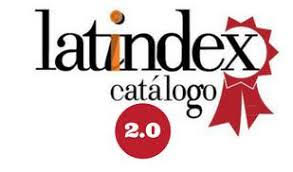Editorial
DOI:
https://doi.org/10.22320/07190700.2023.13.02.00Keywords:
-Abstract
2023 has marked an alarming climate milestone, with the highest temperatures since climate records began. November, in particular, reached its highest-ever figure, 2ºC above pre-industrial levels, raising the annual global average to 1.25ºC above the pre-industrial average. These data show that we are close to exceeding the 1.5ºC threshold set in the Paris Agreement[1] for 2045, currently predicting that this will be exceeded in 2034[2].
Seven years after the Agreement's implementation, we have seen a growing global commitment, with countries, regions, cities, and companies setting carbon neutrality targets. However, 53.8 Gt CO2eq was emitted globally in 2022, 2.3% more than in 2019, the year before the Covid-19 pandemic[3], with China, the United States, India, the EU27, Russia, and Brazil emitting 61.6% of the world's greenhouse gas emissions.
[1] The Paris Agreement is a legally binding international climate change treaty. 196 Parties at COP21 adopted it on December 12th, 2015, and came into force on November 4th, 2016. Its goal is to limit global warming, compared to pre-industrial levels, to below 2°C and, preferably, under 1.5°C.
[2] https://climate.copernicus.eu/weve-lost-19-years-battle-against-global-warming-paris-agreement
[3] Crippa, M., Guizzardi, D., Pagani, F., Banja, M., Muntean, M., Schaaf E., Becker, W., Monforti-Ferrario, F., Quadrelli, R., Risquez Martin, A., Taghavi-Moharamli, P., Köykkä, J., Grassi, G., Rossi, S., Brandao De Melo, J., Oom, D., Branco, A., San-Miguel, J., Vignati, E., GHG emissions of all world countries, Publications Office of the European Union, Luxembourg, 2023, doi:10.2760/953322, JRC134504.
Downloads
References
-
Downloads
Published
How to Cite
Issue
Section
License
Copyright (c) 2023 Maureen Trebilcock-Kelly, Alexis Pérez-Fargallo

This work is licensed under a Creative Commons Attribution-ShareAlike 4.0 International License.
The content of articles which are published in each edition of Habitat Sustentable, is the exclusive responsibility of the author(s) and does not necessarily represent the thinking or compromise the opinion of University of the Bio-Bio.
The author(s) conserve their copyright and guarantee to the journal, the right of first publication of their work. This will simultaneously be subject to the Creative Commons Recognition License CC BY-SA, which allows others to share-copy, transform or create new materials from this work for non-commercial purposes, as long as they recognize authorship and the first publication in this journal, and its new creations are under a license with the same terms.

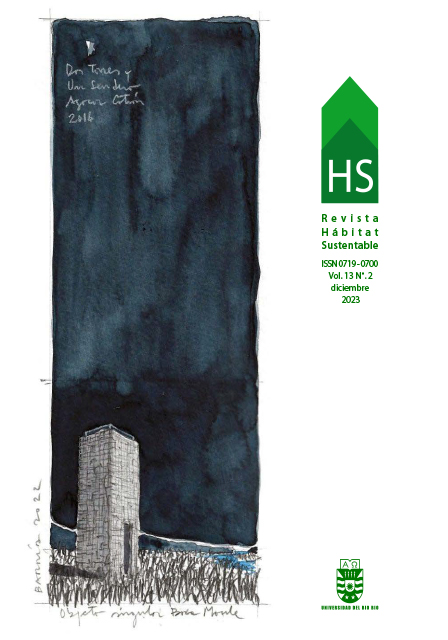
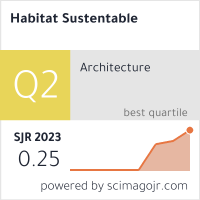






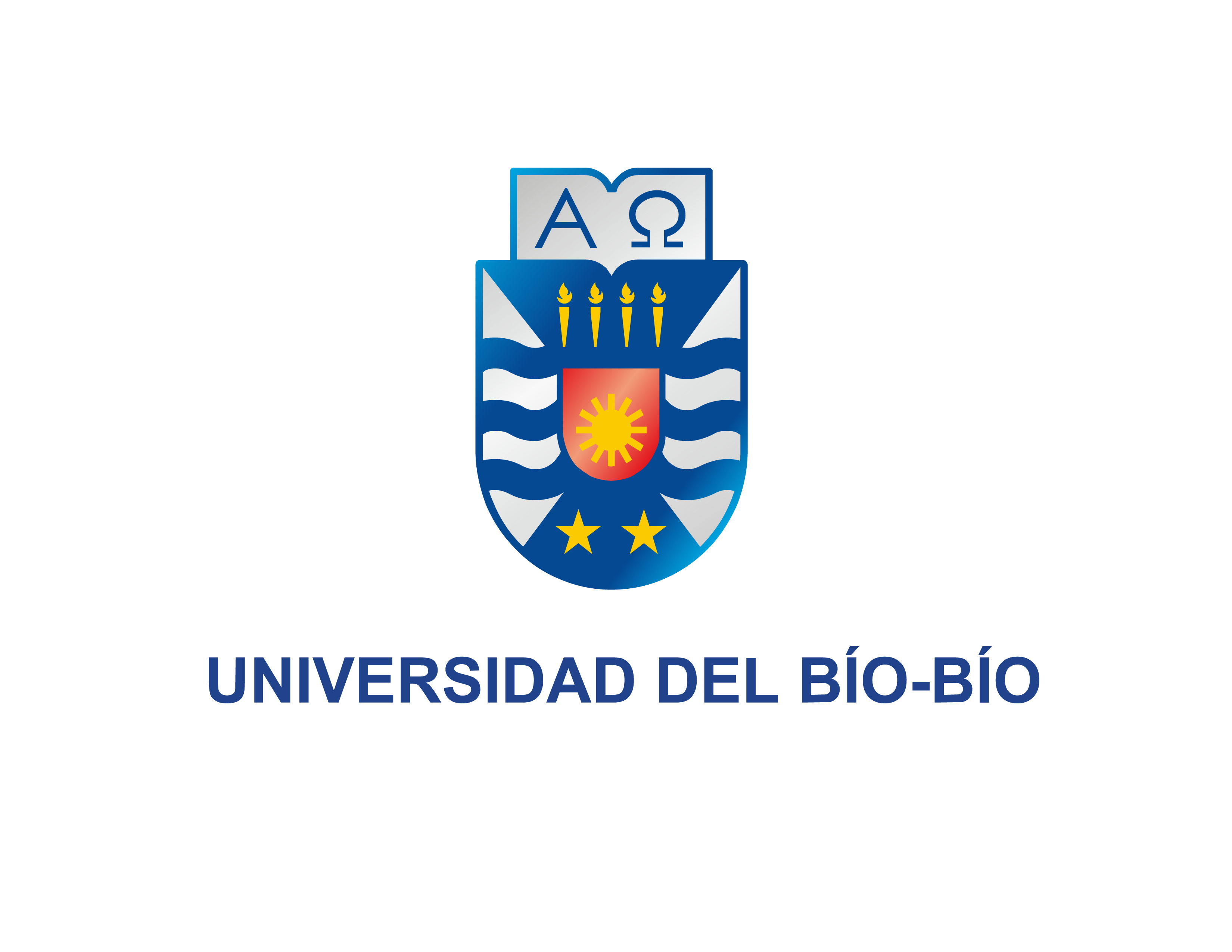

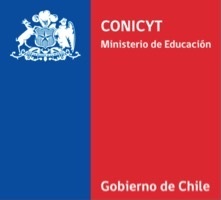 Scientific Information Program/Concurso Fondos de Publicación de Revistas Científicas 2018/ Proyecto Mejoramiento de Visibilidad de Revistas UBB (Código:FP180007).
Scientific Information Program/Concurso Fondos de Publicación de Revistas Científicas 2018/ Proyecto Mejoramiento de Visibilidad de Revistas UBB (Código:FP180007).
